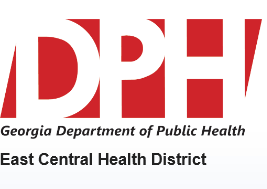Rabies is a viral disease of mammals, usually occurring among wild animals such as raccoons, skunks, bats, and foxes. The rabies virus travels from the site of the bite up through the nerves until it reaches the brain, causing encephalopathy and ultimately death.
What are the symptoms of rabies?
Early symptoms of rabies in humans are non-specific and may include fever, headache, and general malaise. Later, signs of encephalopathy such as insomnia, anxiety, confusion, paralysis, excitation, hallucinations, agitation, hyper salivation, difficulty swallowing, and hydrophobia (fear of water) may appear. Death usually occurs within days of the onset of symptoms.
It is a misconception that rabid animals are spotted easily because they drool and foam at the mouth. These symptoms may never occur or may occur only at the very last stages of the disease.
Any non-domesticated or stray animal that acts abnormal should be suspected of having rabies.
Rabid animals may stagger, appear restless, be aggressive, have difficulty walking, seem overly friendly, or appear to be choking.
What is the treatment for rabies?
There is no known, effective treatment for rabies once the symptoms of the illness have developed.
Rabies can be prevented in humans if medical care is sought soon after an exposure to the rabies virus.
If left untreated, rabies is always deadly.
Where can I get additional information about rabies?
Click here for the GA Rabies Manual and additional GDPH documents. ??The Georgia Poison Center is available for rabies consultation 24 hours a day, seven days a week:
Atlanta 404-616-9000
Statewide 800-282-5846
Information can also be obtained from local health departments and animal rabies control officers.?The Division of Public Health, Epidemiology Branch, provides assistance in difficult or emergency cases (404-657-2588).






